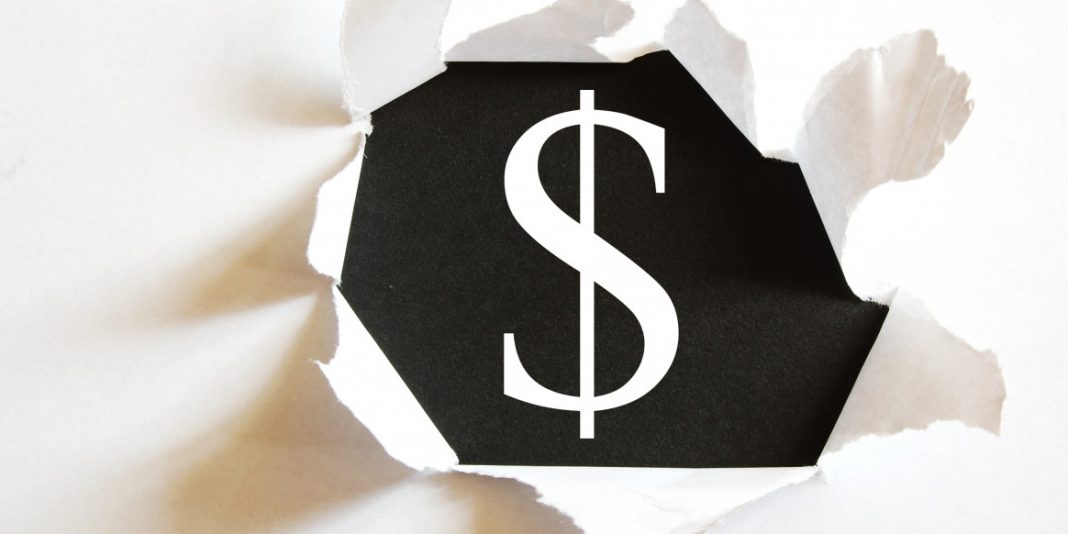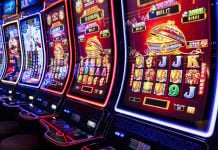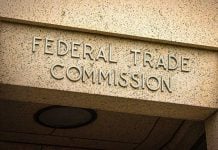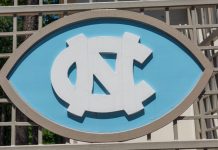A dearth of sporting fixtures to bet on and a total shutdown of retail wagering facilities has cost New Jersey’s sportsbooks circa $450m in bets in April, according to estimates from PlayNJ. On the flipside of that downturn, revenue at online casinos and poker rooms hit a record $80m in April.
“Seeing New Jersey’s retail sportsbook handle at zero and its land-based casinos generate no revenue is jarring, laying bare just how much these shutdowns are costing the industry,” said Dustin Gouker, lead analyst for PlayNJ.com. “The jump in revenue from online casinos and poker is welcome, but there is no way yet for it to fully make up for the revenue lost by Atlantic City’s casinos and sportsbooks.”
New Jersey’s sportsbooks collected just $54.6m in bets in April. Announced ahead of the second anniversary of the PASPA decision that opened the door to legal gambling in New Jersey, this Friday, sportsbooks posted the lowest statewide total since $40.7 million was wagered in July 2018. That was the first full month of legal sports betting and before online sportsbooks had launched.
April’s handle was down 82.6% from $313.7m in April 2019 and down 70% from $181.9m in March. Under normal circumstances, New Jersey sportsbooks would have generated some $500m in bets in April, according to PlayNJ.com estimates.
New Jersey’s handle yielded $2.6m in gross revenue, down 87.7% from $21.2 million in April 2019 and 80.3% from $13.2m in March 2020. April’s revenue generated $356,726 in state taxes.
“This is the US gaming industry’s first full glimpse of the dramatic effect these shutdowns are having, because New Jersey was mature enough last year to offer a true year-over-year comparison,” Gouker added. “The picture for the industry is not pretty, and that will continue until sports leagues figure out a way to reopen.”
With retail sportsbooks shut down entirely in April—potentially wiping out more than $50m of in-person bets—online sportsbooks accounted for New Jersey’s entire handle. FanDuel Sportsbook/PointsBet led the market with $1.65m in gross revenue, down from $5.7m in March.
Turning to wagering patterns, PlayNJ.com said that non-traditional sports had drawn surprising betting interest. Bets on sports that New Jersey categorizes as “other” than football, baseball, and basketball generated $21.7m in April, up from $14.8m in April 2019.
And with NASCAR planning on a May start and the PGA Tour planning to tee off in June, bettors could soon have more options on less obscure sports. Meanwhile, baseball and the NBA continue to search for a workable solution to restart their seasons.
“The rise in bets on non-traditional sports has been interesting, and with auto racing and golf appearing closer to starting, that trend could increase,” Gouker said. “There are reasons for optimism, too. Hopefully, we will look back at April and see that it was the clear low point.”
Online casinos and poker rooms offered up a mote of brightness. Combined they generated a record $79.96m in April revenue, up 118.6% from $36.6m in April 2019 and easily topping the $64.8m mark set last month.
While the increase in online revenue is welcomed, the $43.4m in year-over-year gains in online casino and poker revenue replaces just 20.9% of the $207.6m in revenue that land-based casinos in Atlantic City generated in April 2019.
Online casinos and poker generated a record $2.7 million per day during the 30 days, up from $2.1 million per day in March. That revenue yielded $12m in state taxes.
“Such a dramatic shift to digital gambling could permanently alter the market, even after land-based casinos open,” said Eric Ramsey, an analyst for PlayNJ.com. “The longer the current closures go on the higher chance there is for a more permanent shift in bettors’ preferences for digital gaming.”
Poker, which has almost tripled February’s revenue, posted a record $5.15m in April. That was up from $3.6m in March.
“Just three months ago it looked like online poker may all but disappear, now it is breaking revenue records that have stood for six or seven years,” Ramsey said. “That shows just how much the market has changed in such a short time.”














